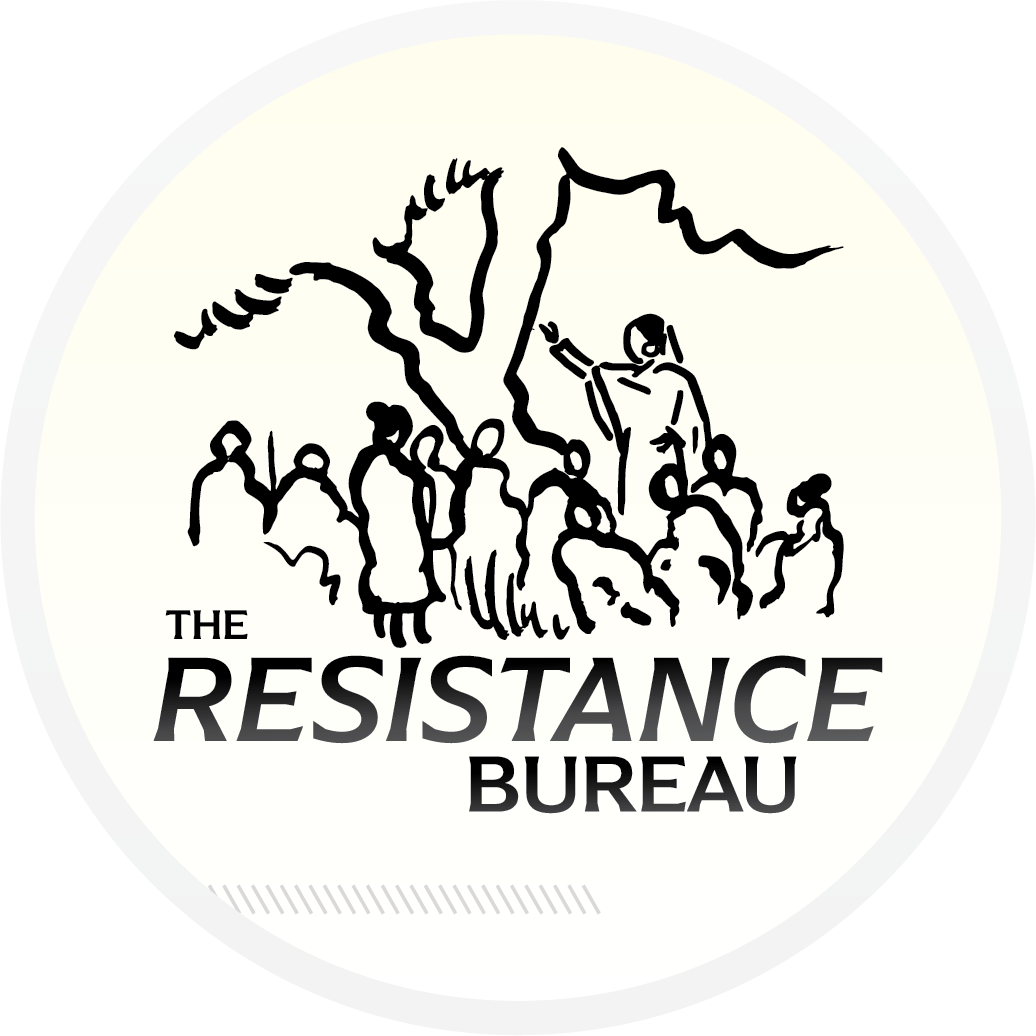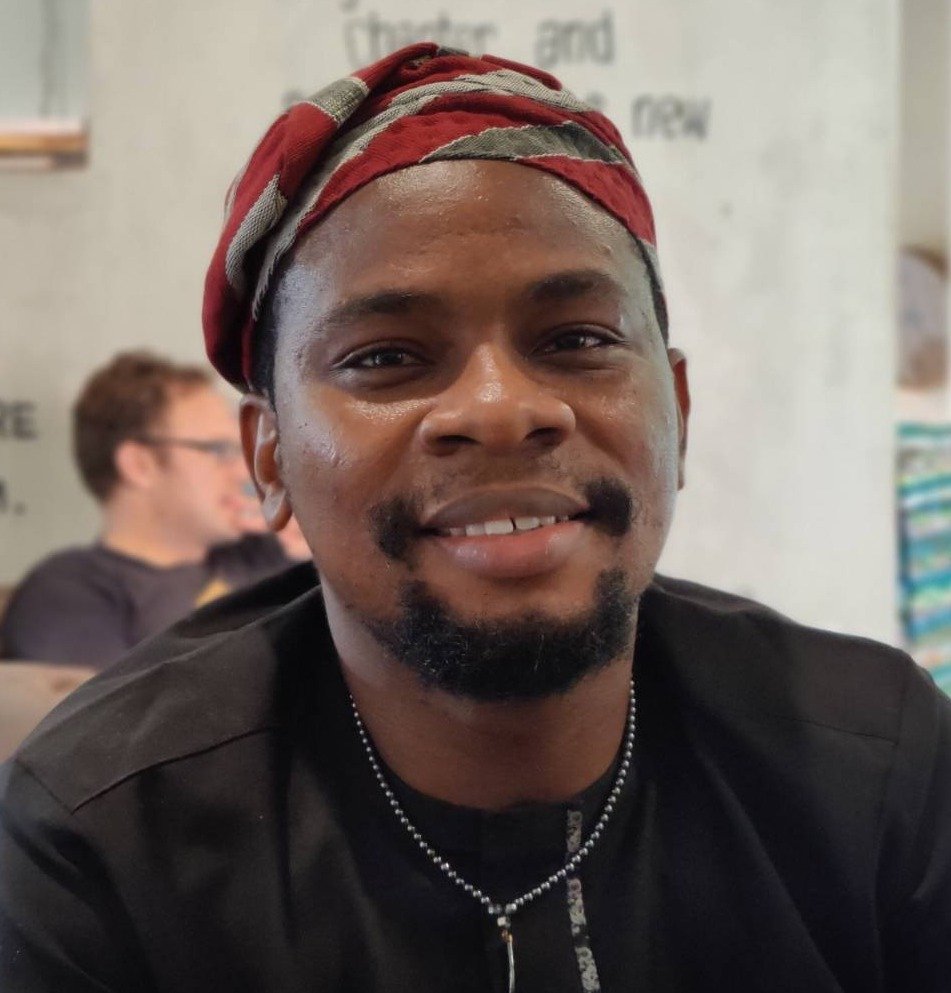Resisting Digital Authoritarianism
For many, the rise of digital technology portended a time of liberation. Optimists hoped that social media in particular would force governments to be more accountable and drive home a new era of transparency and popular participation in political processes. It hasn’t exactly turned out that way.
Instead, dictators and a new breed of savvy autocrats have used technology to their collective advantage, censoring online activity and critical voices, hacking into the accounts of journalists and pro-democracy leaders, switching off the Internet with impunity, and using new, truly terrifying methods to monitor their citizens.
Indeed, because digital technologies have forced governments around the world to be more transparent and accountable -- and fearing for their unfettered power -- many regimes have forcefully clamped down on them as well as their users.
A growing number of governments are now adopting illiberal legislation designed to control the online world, including democratic governments like the current regime in Ghana, which has been accused of using the Israeli-made Pegasus software to spy on activists. It has indeed become apparent that digital technology can and will be used as a force for repression, perhaps just as much as human liberation.
This is not just an ‘African’ story of course. Digital repression is a concern around the world and many of the companies involved in this enterprise are based in countries perceived to be democratic. Pegasus, for example, was developed by the Israeli NSO Group, and the list of companies that have bowed to the pressure of autocrats to block texts mentioning the names of opposition leaders in Tanzania, for example, include Vodafone which is headquartered in the UK. On the opposite end of the spectrum: the same technicians that enabled the Ugandan regime to hack into the WhatsApp account of opposition leader Bobi Wine and his colleagues were from China’s Huawei.
The international nature of this phenomenon demands an international response and solidarity. This show will therefore bring together thought leaders, digital activists, and those who have been spied on themselves to discuss these threats to freedom and how they can be effectively countered. What can be done to push back against the expansion of digital surveillance? And how can we protect citizens’ basic human rights from governments that are clearly determined to hack into their lives and monitor their every move? Tune in to find out!
Meet our speakers
Julie Owono
Julie Owono is a lawyer by training, a respected academic, and a regular contributor to global media outlets on topics related to human rights and freedoms in the digital space. Today, she serves as executive director of Internet Without Borders, an international network of NGOs that collectively works to defend fundamental freedoms and fight back against censorship
Ridwan Oleyede
Ridwan Oleyede is a Nigerian legal practitioner and an expert in the areas of data protection and privacy, cybersecurity, and digital ethics. He is the co-founder and technology policy lead at Tech Hive Advisory where he advises on the global aspect of information technology policy. Ridwan was a recent co-author on a research paper, published by the Institute of Development Studies, that analyzed surveillance laws across Africa.
Placide Kayumba
Placide Kayumba is a Rwandan activist and member of the opposition who currently lives in exile on account of his advocacy for inclusive democracy and multi-party politics. He is among the hundreds of known individuals worldwide who have been targeted thus far with the Israeli-made Pegasus spyware. Kayumba was found to have been targeted as part of an investigation by Citizen Lab, commissioned by WhatsApp, into the hacking of its clients.
Siena Anstis
Siena Anstis is a trained lawyer, a researcher and an expert on human rights and technology. Her current research focuses on the impact of digital transnational repression on immigrant and refugee communities. She is a senior legal advisor at Citizen Lab, an innovative research facility housed at the University of Toronto, where she works at the intersections of cyberspace, security, and human rights.
Discussion
Albert Sharra
Albert Sharra is an academic and prize winning journalist. Currently, he is finishing his PhD studies at the Centre of African Studies, located at the University of Edinburgh. While there, Albert has been conducting new and innovative research on state repression in the digital age and investigating how protest is both regulated and repressed in Southern Africa.
Nic Cheeseman
Nic Cheeseman is the Professor of Democracy and the Director of the Centre for Elections Democracy Accountability and Representation (CEDAR) at the University of Birmingham. As well as the author of Democracy in Africa and How to Rig an Election, he is the editor of Democracy in Africa, a columnist for Africa Today and the Mail&Guardian, a contributing editor to The Continent, and an election junkie.
Moderation
Mantate Mlotshwa
Mantate Mlotshwa is a passionate advocate for the meaningful contribution of women and youth to democracy and governance processes. The Founder of the creative brand U Motle, she has earned a reputation for speaking her mind and promoting positive messages of liberation and emancipation in Zimbabwe and beyond.
Jeffrey Smith
Jeffrey Smith is an award-winning human rights campaigner, social media influencer, and a prolific writer. He is co-creator of The Resistance Bureau and also founding director of Vanguard Africa, a global nonprofit organization that partners with visionary African leaders to build campaigns for democracy and ethical leadership.








